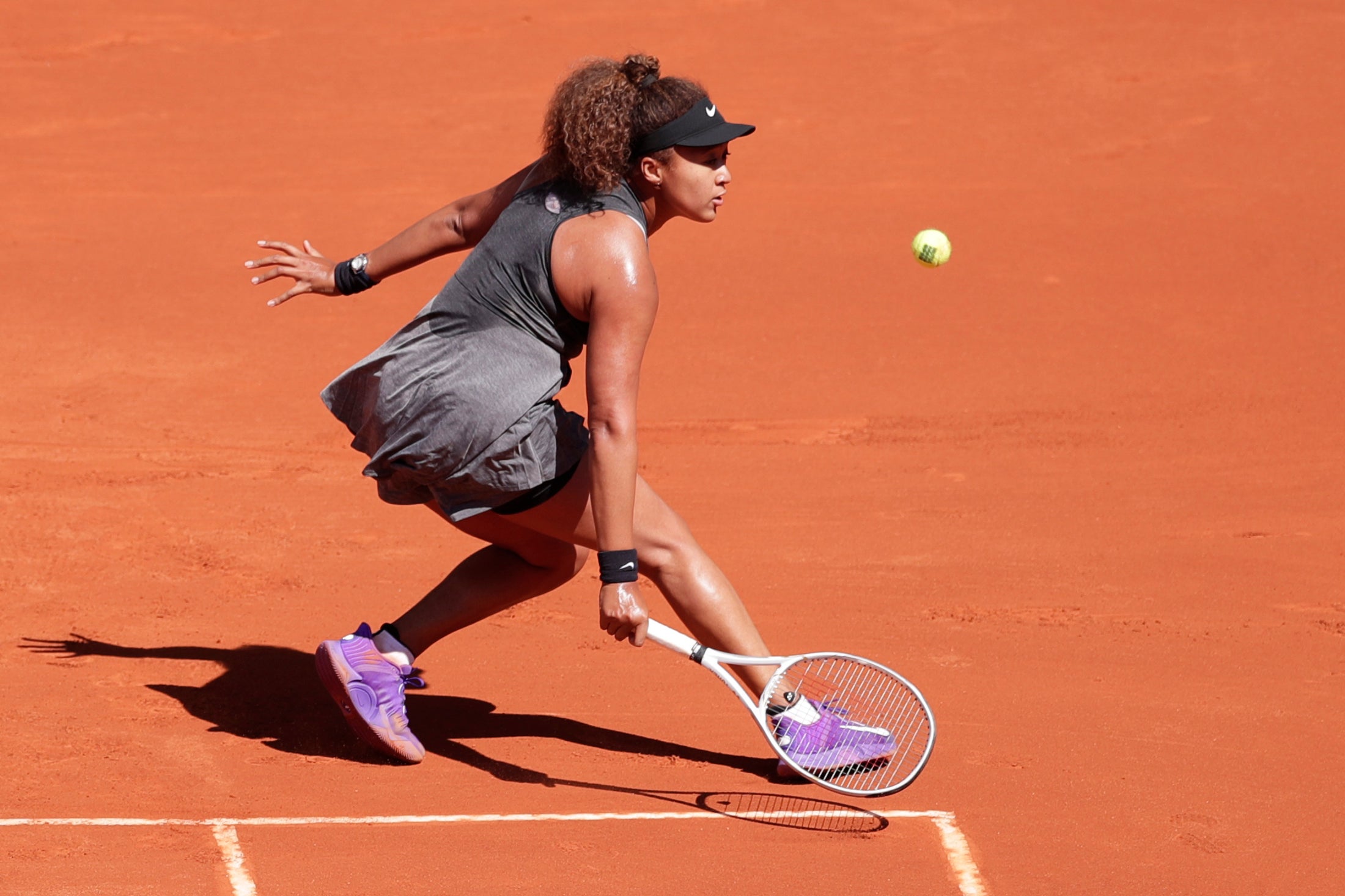Naomi Osaka has every right to boycott press conferences – she’s making a crucial point about mental health
Being mentally healthy is vital for everyone, whether you’re a four-time Grand Slam champion, or someone who sits in front of a computer screen all day


Japanese tennis champion Naomi Osaka has announced that she won’t be taking questions from members of the press at this year’s French Open due to the burden that news conferences place on the mental health of players.
On Wednesday, Osaka tweeted: “I’m writing this to say I’m not going to do any press during Roland Garros. I’ve often felt that people have no regard for athletes’ mental health and this rings true whenever I see a press conference or partake in one.”
I’m certainly no athlete – I can barely run for five minutes without my legs turning to jelly, and hitting a tennis ball is sadly beyond my capabilities – but I do understand the importance of putting boundaries in place when it comes to mental health.
Being mentally healthy is vital for everyone, whether you’re a four-time Grand Slam champion, or someone who sits in front of a computer screen all day. If a part of your job (or your personal life) is causing you distress, you should have every right to say, “This isn’t working for me.”
Osaka’s announcement shows that she has already done the hard work – she’s identified a problem and put steps in place to tackle it, for her own mental wellbeing. Her refusal to take part in press conferences may also embolden other athletes to be more assertive about their needs when it comes to managing their mental health.
The pressure that professional sports stars experience when it comes to the perfection expected from each performance cannot be underestimated, and if Osaka feels that taking media questions is a bridge too far in an already-pressurised job, this must be respected.
It’s not easy to stand up and tell people that something that’s always been expected of you is impacting your mental health. Asking for reasonable adjustments in any job can be a minefield, with some employers still pushing back against the need to accommodate individuals who struggle with their mental health.
I’ve found that throughout my working life, I’ve had to be my own most forthright advocate when it comes to protecting my mental wellbeing and telling employers what I require to thrive in my role. Osaka has provided a strong and positive example of how this can be done, by stating her decision without shame or apology.
No stranger to standing up for what she believes in, Osaka has also previously used her platform to highlight issues of racial inequality and police violence. Wednesday’s announcement could trigger an overdue discussion around the mental health cost associated with being a professional athlete and the difficulties surrounding feeling forced to answer questions after a devastating loss on the court.
Any oncoming criticism of Osaka’s decision demonstrates what many people who suffer from mental illness know already – others are willing to pay lip service to the cause but when someone decides to assert their boundaries because they’re struggling with something, the mealy-mouthed remarks roll in.
Having healthy boundaries doesn’t mean that you’re a “difficult” or “selfish” person. Osaka isn’t trying to make anyone’s life harder, and has stated that her decision isn’t personal with regard to the tournaments she takes part in or the journalists who wish to ask her questions. She’s simply protecting her mental health and ensuring that she’s mentally well enough to be at her best, on and off the court.
There’s no point stoically suffering in silence when it comes to mental health. It doesn’t benefit your employer and it doesn’t benefit you. A massive 70 million work days are lost every year to mental ill-health in the UK alone, costing employers around £2.4bn annually. A compassionate and open approach towards making reasonable adjustments in the workplace is urgently needed as part of a strategy for change.
Sadly, Osaka will most likely be fined for her refusal to speak to the press. Many tennis tournaments specify that players must answer media questions or pay a penalty. She will be donating the “considerable amount” she expects to be fined to a mental health charity.
Fine or no fine, and whether her French Open ends as a dazzling success or otherwise, Naomi Osaka’s advocacy for her own mental health is something we can all support.
Join our commenting forum
Join thought-provoking conversations, follow other Independent readers and see their replies
Comments